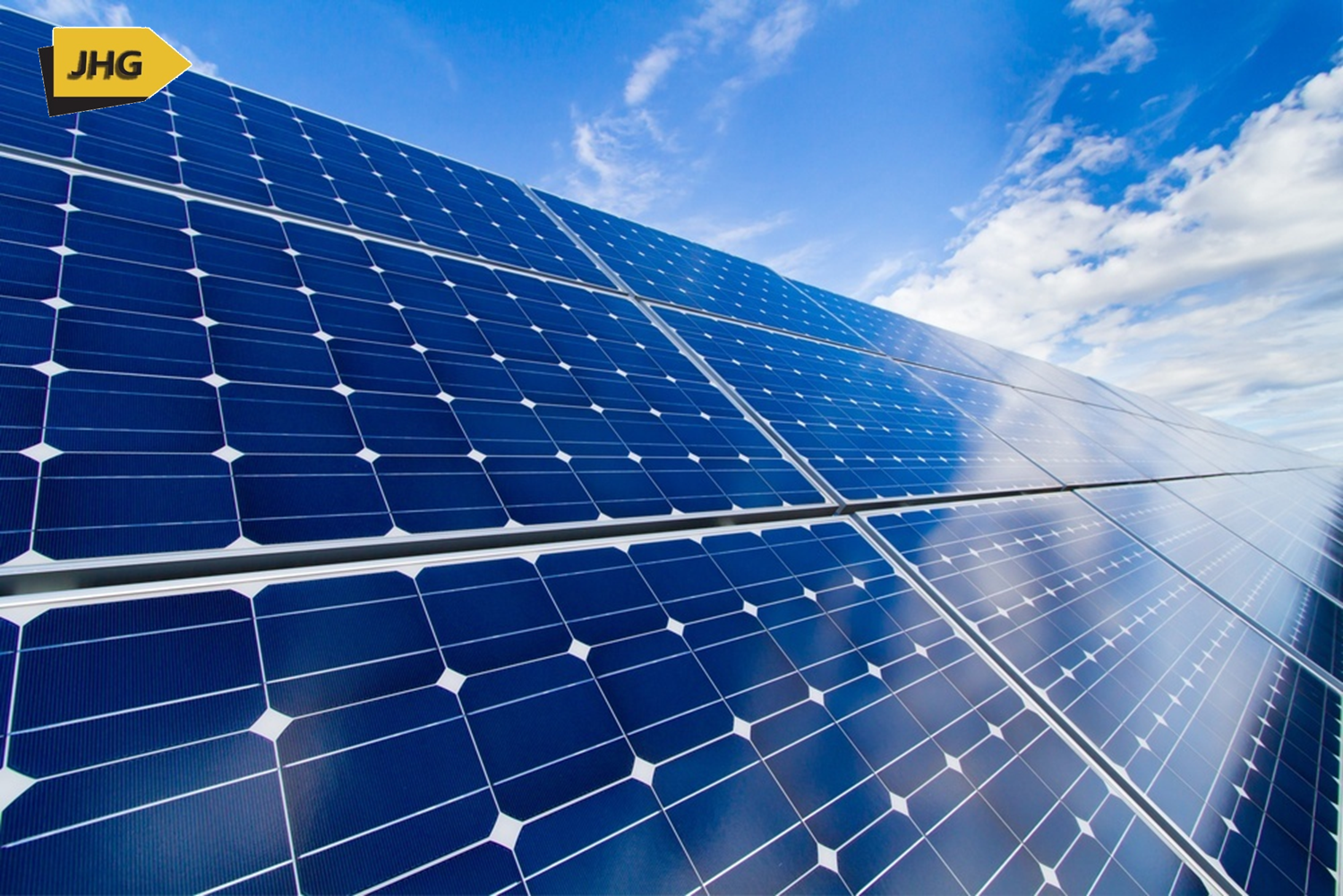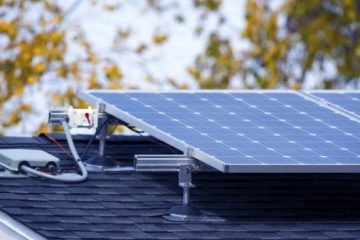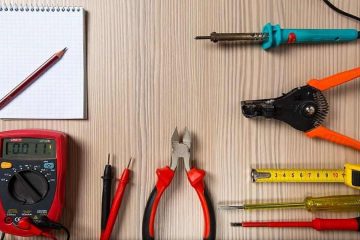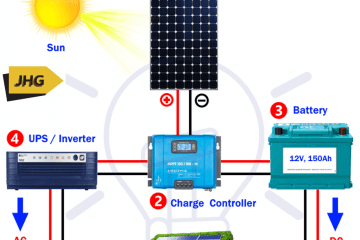In addition to helping the environment by reducing greenhouse emissions, solar panels allow you to keep more money in your bank account each month. You save by using less electricity, a saving that kicks into high gear once you’ve cut enough in electricity bills to recoup the installation cost.
Solar panels can be costly to install, leaving some homeowners wondering, ‘do solar panels save money?’ Over the long term or maybe even short term, solar panels should pay for themself and save you money. In addition, they are environmentally friendly. How much money do solar panels save? Keep reading to find out.
How much money is saved on average by using solar panels?
You may have heard about all the incredible benefits of solar panels from neighbors, friends, and/or online. Still, the essential use that people often mention is the cost savings on a monthly electric bill. So, how much money is saved by the average household that installs solar panels on their home? To quantify how much money the average homeowner saves when installing solar panels, we need to determine how much total electricity is consumed each year. The average residential utility customer in Nigerian uses around 2,885.450 kWh per year. That is an average of 240.45 kWh per month. If we take the national average rate of N23.60 per kWh and multiply it by 2,885.450 kWh, we can see that the average household in Nigeria could save up to N68,096.62 per year in energy costs by installing a properly sized solar panel system. That is over N5,674.72 a month in savings.
How long does it take to see savings on energy bills with solar panels?
Once a solar panel installation is fully functional, you may see savings on your next month’s energy bill. However, it can take some years to recoup your initial investment costs. Using the national average figures we used in the example above, and if a household is saving N68,096.62 a year on energy costs, you can take the total cost of the initial investment and divide it by N68,096.62 to see how many years it will take to make your money back. After your initial investment has been recouped, everything after that will be a profit, minus any costs associated with maintenance or repair to the solar panel system.
This is why you may want to make sure you will be living in your home for a long time before installing solar panels. Otherwise, you will need to pass the remaining costs off to the buyer. This could potentially increase the amount of time it takes to sell your home, depending on where you live and how popular solar is in the area.
What affects cost savings with solar panels?
The main factor that affects cost savings when it comes to solar panels is the size of the solar system. The larger the system, the larger the savings. At a certain point, an extensive enough solar system can produce enough electricity to power the entire home with energy to spare. In that case, the surplus can be sold back to the power company. Although large solar systems have more significant cost savings, you still must consider that a more extensive solar system will have a higher upfront cost.
How much does it cost to install solar panels?
Presently, the average cost of a solar panel installation is around N950,000 for a typical 2.5KVA solar solution. Smaller solar panel installations can cost as low as N550,000, whereas larger solar installations which can power a middle-sized 4-bedroom apartment can cost from N1,650,000 or more.
What are the advantages of solar panels?
There are many advantages that solar panels offer. Advantages include reducing a monthly electricity bill, low maintenance costs, and the benefits to the environment that solar can provide as a renewable energy source. These are all reasons that can persuade someone to install solar panels in their home. Here is a closer look at these advantages in more detail.
- Reduction and/or elimination of electricity bill: Depending on how much of your energy needs can be met by the newly installed solar system, you could dramatically reduce or eliminate your monthly electricity bill. If you happen to generate more electricity than you use, you may be able to sell the surplus energy back to the power company in some regions.
- Low maintenance costs: Maintenance on solar panels is highly minimal. Cleaning the solar panels a few times a year and replacing the inverter every 5 to 10 years are the only maintenance requirements. Additionally, many solar panel manufacturers offer 20 to 25-year warranties.
- Environmental benefits: Solar panels can provide all the energy you need for your home without using power generated from burning fossil fuels like coal, oil, and natural gas. Utilizing solar energy can reduce your carbon footprint and help slow the harmful effects of climate change and global warming.




